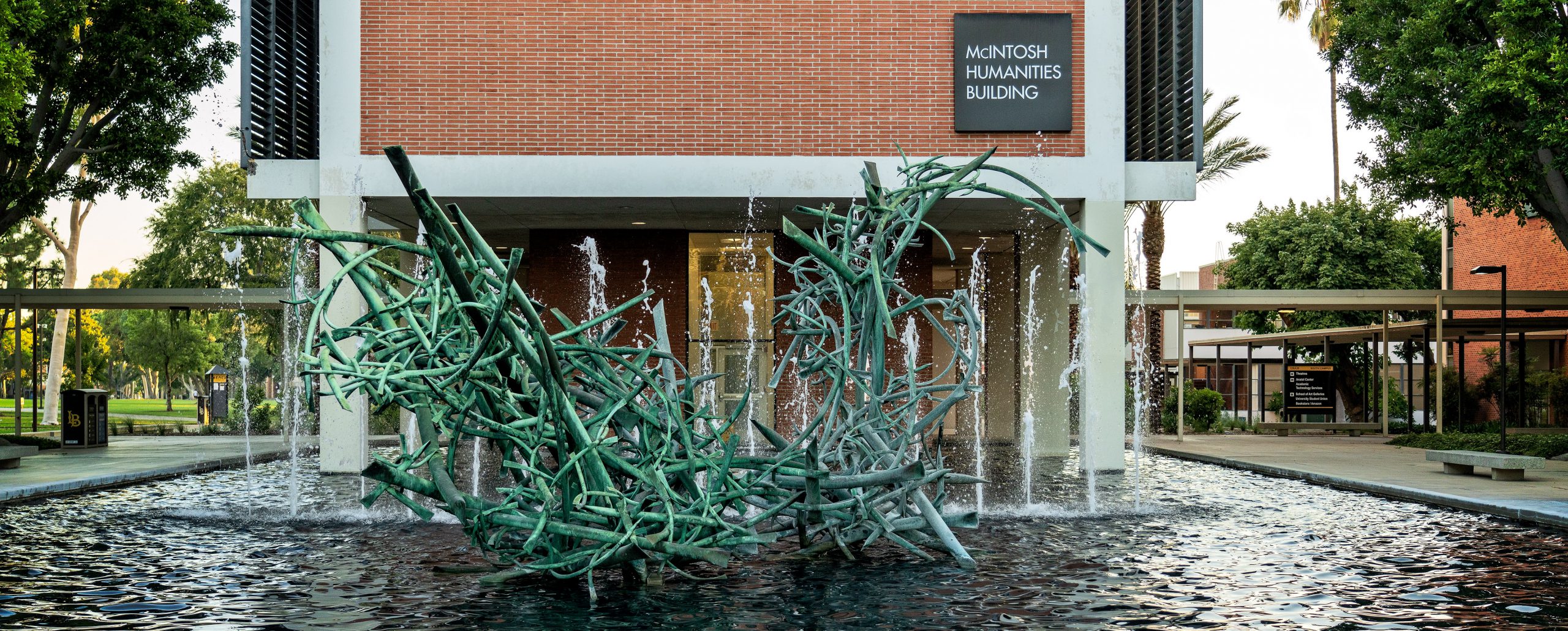CLA AND SOCIAL JUSTICE: BLACK LIVES MATTER
August 1, 2021In light of the recent protests and statements in support of Black Lives Matter and other anti-racist organizing efforts, the College of Liberal Arts is highlighting how its courses incorporate issues related to Black Lives Matter. We will highlight one course each month. You can view all of our courses here: https://cla.csulb.edu/black-lives-matter/
See the description below detailing how CLA faculty advance the anti-racist messaging of Black Lives Matter through assignments, readings, and pedagogical practices that affirm the lives, history, and culture of Black people across the globe. Descriptions fall into one of three categories—Long-Standing Practices, Recent Changes, and Future Plans—designed to demonstrate the ongoing nature of anti-racist efforts:
Instructor: Violet Gregory
Course: English 100B
I have always used readings that focus on the ways students of color move through the University, but this year I am working to better use my classroom as an ally to my community.
English 100B is a composition course, yet it also provides a space where all students can engage with texts, speeches, and other forms of art about people of color, by people of color. We investigate Malcom X’s journey to literacy, the rhetoric of Dr Martin Luther King’s speeches, and other works from the Black, Indigenous, and POC community.
Now, the connections between media, text, literature, and social justice are becoming more widely acknowledged. This interrelation between media and political change necessitates an understanding of intersectional identity. I work with my students to develop this nuanced view of race and identity in the U.S. while also improving their communication, and critical thinking skills.
During the scholar’s strike of Spring 2020 my students and I took the day to watch Baratunde Thurston’s 2009 TED talk “How to Deconstruct racism, one headline at a time.” Not only did this allow us to see and engage in complex conversations about race, racism, and the media; it also helped us create an understanding of systems of power embedded in language.
Thurston’s talk focuses on police brutality and the systematic disenfranchisement of the Black and POC communities at large. His research diagramed news headlines to parse the stories, and challenges us to look closely and power in these headlines in order to “change the action, which changes the story, which changes the system that allows those stories to happen.”
We then used Thurston’s still-growing database at baratunde.com/livingwhileblack to find local headlines that demonstrate this power struggle. The class investigated the rhetoric within those new stories to see who had power/authority/agency, and who was being silenced/misrepresented in the media coverage.
Uncovering these “unseen” structures of power in language then led to a larger intersectional research project that explored the University system where students explored how issues or race, class, culture, language, tradition, and identity make each student’s experience unique on our campus.
